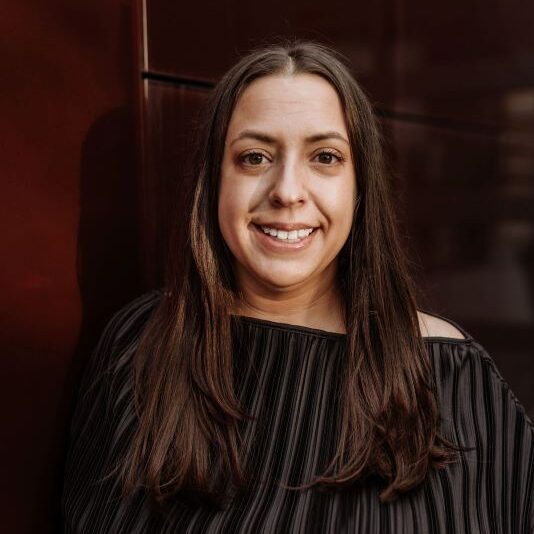Kat Bruzios, Ph.D., is a postdoctoral scholar in the Department of Psychiatry & Behavioral Sciences at UWB working in both the SMART and UW ALACRITY Centers. Dr. Bruzios’ research interests lie in the implementation of evidence-based prevention and health promotion programs, and the use of implementation strategies to achieve positive behavioral health outcomes for youth, families, and communities. She is particularly interested in the design, adaptation, and evaluation of implementation strategies – specifically how implementation strategies impact implementation outcomes and the processes (i.e., mechanisms) by which these implementation outcomes impact targeted program outcomes.
| Want to participate? See information below. | [maxbutton id="2" url="mailto:usability@uw.edu" text="HAVE A QUESTION?" window="new" ] |
Project Information
The aims of this project are to:- Evaluate the usability of leading, evidence-based Tier 1 social-emotional learning (SEL) programs and practices and identify unique and common usability problems.
- Explore the links between SEL programs/practices usability and implementation and student outcomes.
- Refine the USABILITY theory of change, develop a matrix of usability problems and redesign solutions, and articulate guidance to the field for designing usable Tier 1 SEL programs/practices.

Importance
This is the first study to evaluate the usability of school-wide, universal SEL programs - in other words, how easy (or hard) they are to implement from the perspectives of teachers and students. We will also explore how much a SEL program/practice's usability matters to school and student outcomes.Recruitment
The study is actively recruiting participants to complete the virtual user testing component.------------------------------------------------------------------------------------------------------------------
ELIGIBILITY
We invite teachers and students who meet the following criteria to participate.
Teachers
|
Students
|
------------------------------------------------------------------------------------------------------------------
PARTICIPATIONParticipants are asked to complete virtual testing of 2 SEL programs where they will:
|
